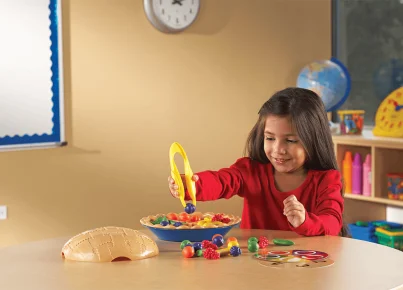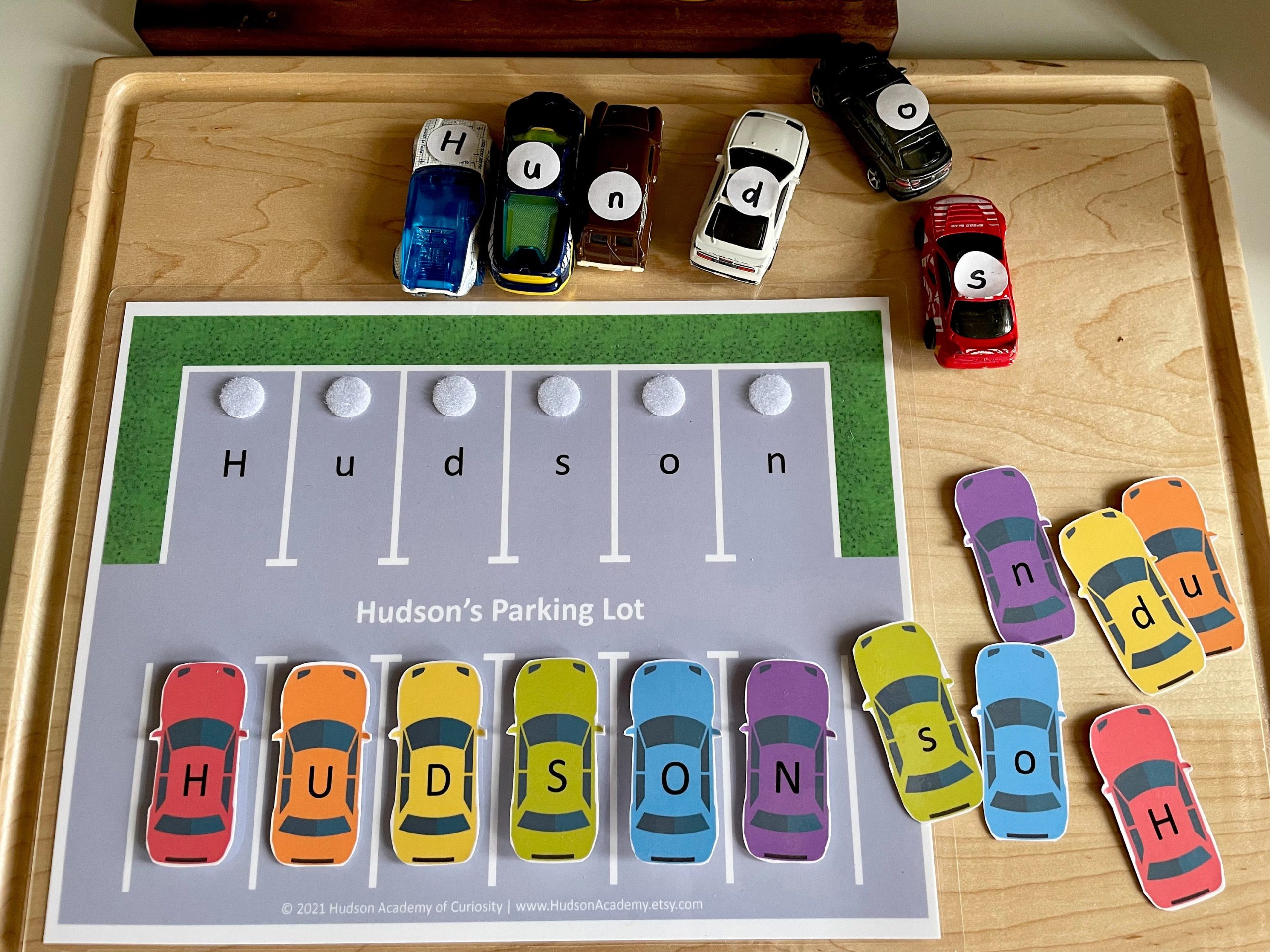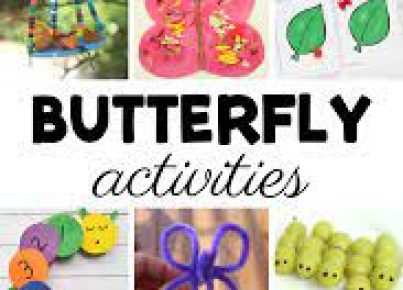Introduction:
The COVID-19 pandemic has significantly impacted the education system worldwide, particularly the experience of young students in kindergarten. The essence of kindergarten lies in social interactions, creative play, and cultivating essential life skills. But with COVID-induced restrictions disrupting the traditional classroom experience, it’s clear that kindergarten during COVID isn’t kindergarten at all.
The Impact of Remote Learning on Kindergarteners:
Switching to remote learning has been a major challenge for kindergarteners. Teachers struggled to recreate the interactive, hands-on experiences that make up a typical kindergarten classroom. Screen time restrictions, reduced communication between students and teachers, and limited access to critical early learning resources have hindered the experiences young learners would usually have.
Loss of Social Interaction:
Arguably, one of the primary purposes of kindergarten is to help children develop essential social skills. Interaction with peers lay the foundation for learning how to share, communicate, collaborate, solve conflicts and even make friends. With remote and socially distanced learning, these once organic interactions become limited or completely absent – causing children to miss out on invaluable life lessons.
Challenges in Meeting Students’ Unique Needs:
Each child learns differently, and online education has only exacerbated these challenges. In a physical classroom setting, teachers can directly address students’ unique needs and offer personalized support. However, remote learning greatly limits this individualized attention. Many young children lack the ability necessary to navigate digital platforms effectively without consistent help from adults.
Negative Impact on Mental Health:
Social isolation, uncertainty about school routines and being cooped up indoors can take a toll on the mental health of kindergarteners. Missing out on playtime with their peers or having limited opportunities to interact can lead to increased anxiety levels among these young students. The need for increased structure at home can also negatively affect their coping abilities with stressors.
Parental Struggles:
In addition to challenges faced by kindergarteners, parents also struggle with the hardships of online learning. Many juggle their schedule to provide supervision, support their children’s education and manage their jobs. The added stress negatively impacts both parents’ and children’s mental wellbeing.
Adapting for The Future:
As schools gradually transition back to in-person learning, it is crucial for teachers and parents to recognize the struggles kindergarteners faced during the pandemic and address them accordingly. Fostering environments that nurture social skills, provide individualized attention, limit screen time, and prioritize mental health are essential in ensuring that all young learners can bounce back and thrive in the post-pandemic world.
Conclusion:
COVID-19 has dramatically changed the face of kindergarten education. Although remote learning has made attending school possible during these unprecedented times, it cannot replace the essential social interactions and experiences central to traditional kindergarten teaching. As we look toward a future free from pandemics, we must continue to adapt our educational systems and ensure that children have access to the engaging, nurturing environment they need to succeed in their formative years.





